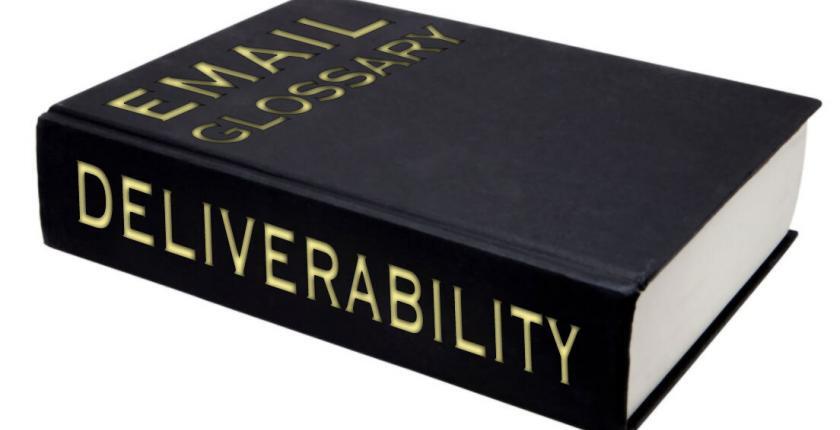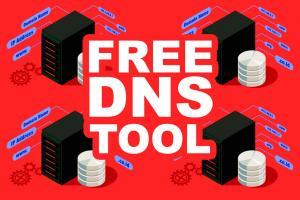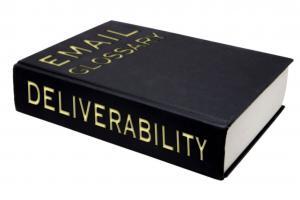Distributed Checksum Clearinghouses (DCC)
Distributed Checksum Clearinghouses (DCC)
- December 6, 2021
- Posted by: Nicola Selenu

Anti-spam content filter that runs on a variety of operating systems. The counts can be used by SMTP servers and mail user agents to detect and reject or filter spam or unsolicited bulk mail. DCC servers exchange or “flood” common checksums. The checksums include values that are constant across common variations in bulk messages, including “personalizations.”
DCC does not “list” domain names or IP addresses, but detects bulk mail messages. Domain names, IP addresses, and so forth are “listed” independently. by DCC users. If DCC users want to receive your bulk mail, they must whitelist it by adding your IP address, SMTP envelope sender, RFC 2369 SMTP List-* headers, or other characteristics of your mail to their whiteclnt files.
Author:Nicola Selenu
Email Service Providers Handbook
The most comprehensive “Handbook of Email Service Providers“!
SPAMASSASSIN RULES
All SpamAssassin rules in one place, EXPLAINED!
SMTP COMMANDS
& REPLY CODES
All SMTP/ESMTP commands and reply codes in one place, EXPLAINED!
Free DNS Tool
Check the DNS records of your domain with our free DNS tool.
Deliverability Glossary
The most comprehensive Email Deliverability and Marketing Glossary!
- Glossary: Anti-Spam
- Glossary: Simple Mail Transfer Protocol (SMTP)
- Glossary: Spam
- Glossary: Bulk Mail
- Glossary: IP Address
- Glossary: Allowlist
- Glossary: Sender
- Glossary: Request For Comments (RFC)
- Glossary: Email Service Provider (ESP)
- Glossary: SpamAssassin
- Glossary: Accelerated Mobile Pages (AMP)
- Glossary: Extended Simple Mail Transfer Protocol (ESMTP)
- Glossary: Domain Name System (DNS)
- Glossary: Deliverability





